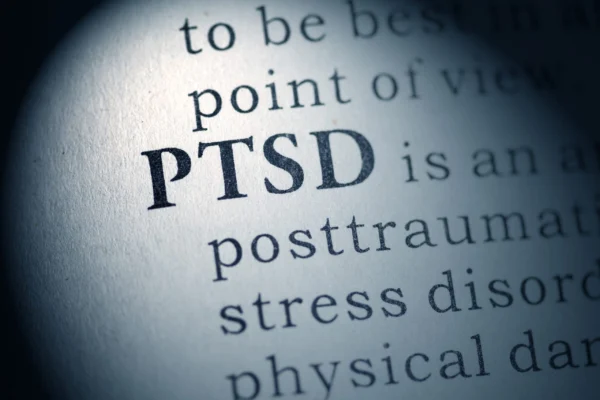Adjustment disorder is one of the short term stress-related disorder which is based on giving a response to a stressor in a way that it disrupts your daily functioning. The stressor is something commonly experienced by the individual but the psychological response to it is less severe than what we experience in Post-Traumatic Stress Disorder (PTSD). Adjustment disorder can often lead to a longer mental disorder diagnosis such in case of Acute Stress disorder. (Association, 2013)
According to DSM-V, adjustment disorder is characterized by a psychological response to a common stressor, for instance, divorce, death of a loved one or loss of job; that results in clinically significant distress or impairment in functioning of daily tasks. The stressors can be a single source or a set of stressors like marital conflicts, family disputes, etc. To meet the criteria of adjustment disorder, the response to the stressor has to begin 3 months of the onset of the stressor. Also the person shall experience a response which is not expected in these circumstances. (Association, 2013)
During the current time where the pandemic forces you to stay at home, a high rate of unemployment is being seen the world over. As already minority communities were facing risk of being unemployed, this pandemic has made the situation worse. Adjustment disorder prevails especially in these times and in the minorities, as they have a permanent economic depression with less job prospects and low income, they have lost their current jobs due to Corona pandemic. Unemployment is a major issue that affects the middle socio-economic strata (SES) and lower socio-economic strata the most. During Corona lockdown, many aren’t able to find shelter or food despite the suggested protocol of staying home. Those who are living in their houses, have a hard time standing strong; as their food and medical supplies have gone up exponentially but the income is not sufficient enough to buy them for long without a proper financial support.
Let’s take the case of economic recession of 2008 in United States. It was acclaimed to be the worst economic downfall in the world. There was a 10.6% increase in the unemployment rate and the minorities are still recovering from it. There is a risk factor of adjustment disorder being prevalent in African-American and Hispanic communities because they are the ones who get hit by these economic downfalls the most. Adjustment disorder can be rooted within the burnout cases or the stress responses a person gives to an unfamiliar situation. This response stays with the person for a prolonged period which makes him/her unable to function well in his/her surroundings. (Mitchell, 2011) (Maercker, 2008)
This year’s recession is even worse than the one in 2008. There is a striking rate of 14.7% of unemployment along with the student drop-out rate which is also increasing. The students who were from the low SES had to drop out from their schools to earn money for the whole family. We all might be meeting the criteria for adjustment disorder as we all are giving a psychological response to now an identifiable stressor – staying at home for this pandemic period- but this doesn’t mean we can’t deal with this circumstance.
That is why we need to have great coping strength to fight this stress. There are number of ways which you can cope with stress.
- Talk to your family or friends; if not comfortable then there are numerous telephone hotlines helping you out to have good mental health.
- Crisis interventions. There are counsellors online who can help you go through these painful times and will actually give you a control over your actions and life. For example, iCall is a worldwide tele – counseling organization which helps people cope in times like this.
- If someone is having adjustment disorder for a long time, he/she should visit for a psychological intervention like cognitive behavior treatments or psychological debriefing. Psychological debriefing is an approach to speed up the process of healing from a traumatic incident and other stressors.
References:
- American Psychiatric Association: Diagnostic and Statistical Manual of Mental Disorders, 5th edition. Arlington, VA., American Psychiatric Association, 2013.
- Maercker, A., Forstmeier, S., Enzler, A., Krüsi, G., Hörler, E., Maier, C., & Ehlert, U. (2008). Adjustment disorders, posttraumatic stress disorder, and depressive disorders in old age: findings from a community survey. Comprehensive Psychiatry, 49(2), 113-120.https://doi.org/10.1016/j.comppsych.2007.07.002
- Mitchell, A. J., Chan, M., Bhatti, H., Halton, M., Grassi, L., Johansen, C., & Meader, N. (2011). Prevalence of depression, anxiety, and adjustment disorder in oncological, haematological, and palliative-care settings: a meta-analysis of 94 interview-based studies. The lancet oncology, 12(2), 160-174. https://doi.org/10.1016/S1470-2045(11)70002-X
- http://data.uis.unesco.org/Index.aspx?queryid=156#
- https://www.bls.gov/opub/ted/2020/unemployment-rates-higher-in-all-389-metropolitan-areas-from-april-2019-to-april-2020.htm












